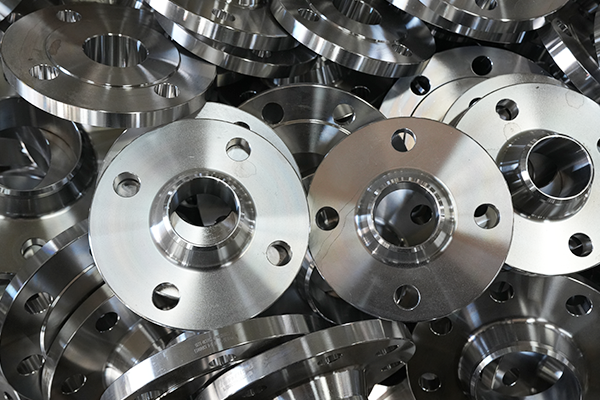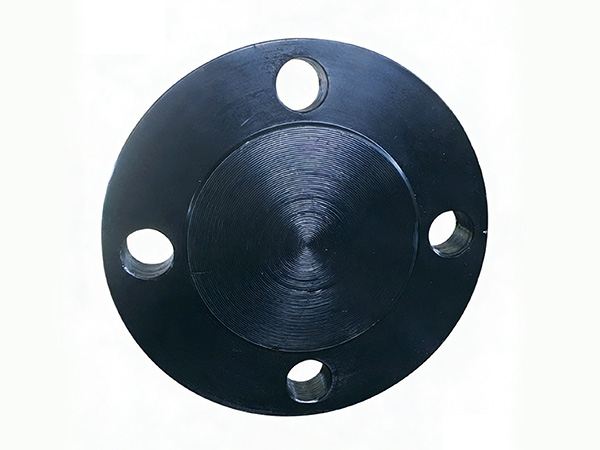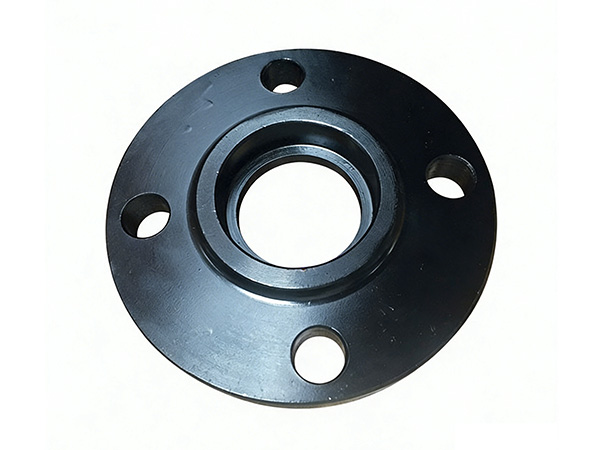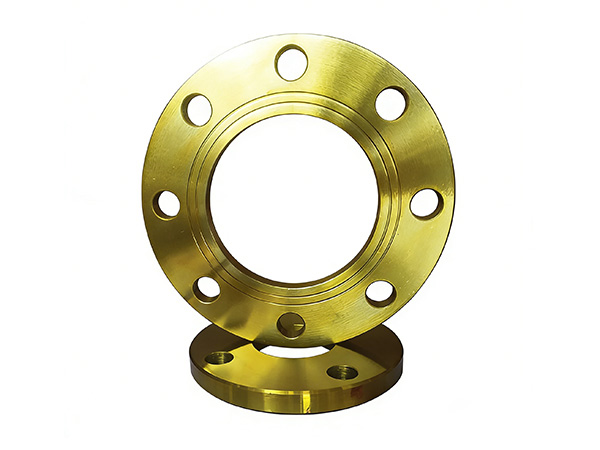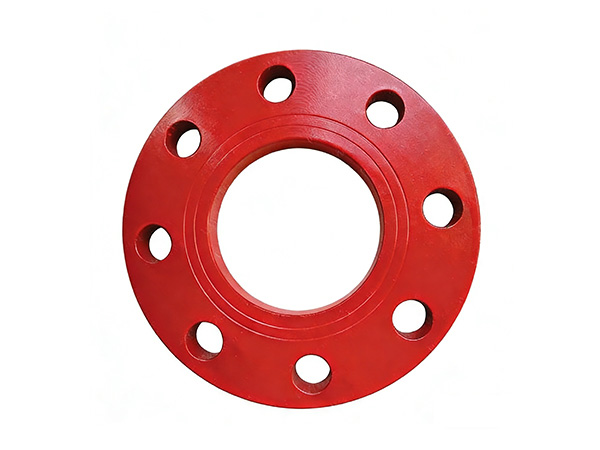NewsDetails
How to Choose a Reliable Insulated Pipeline Supplier for LNG Construction Projects
author:Zhantong time:2025-10-17 09:21:04 Click:154
In liquefied natural gas (LNG) projects, insulated pipelines play an essential role in maintaining stable cryogenic temperatures during gas transfer. These systems ensure energy efficiency, prevent product loss, and protect against condensation and corrosion.
Selecting the right Insulated Pipeline Supplier is not just a purchasing decision — it’s a long-term investment in the safety and reliability of your entire project. The supplier you choose determines how your pipeline performs under extreme conditions and how long it can operate without maintenance interruptions.
As a China-based insulated pipeline manufacturer with bulk supply capability, we’ve compiled key insights to help you identify and evaluate a reliable supplier for your LNG project.
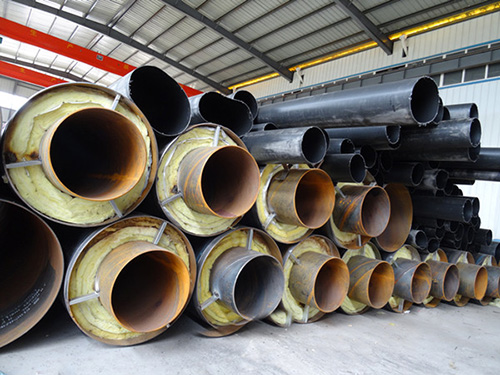
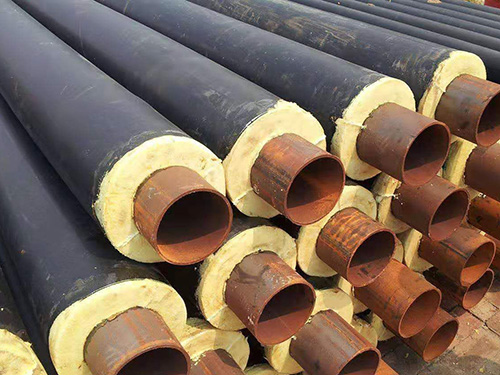
1. The Importance of High-Quality Insulation in LNG Pipelines
LNG must be kept at around –162°C to remain in liquid form. Any weakness in insulation can cause heat penetration, resulting in vaporization, energy loss, and safety risks.
A professional Insulated Pipeline Supplier ensures the system performs optimally through:
Consistent insulation density and uniform coating.
Low thermal conductivity to minimize boil-off gas.
Long-term protection from corrosion, moisture, and temperature cycling.
Reliable joint sealing for minimal energy leakage.
In other words, quality insulation directly determines operational safety, process efficiency, and the economic performance of your LNG facility.
2. Essential Criteria for Selecting an Insulated Pipeline Supplier
a. Material Performance and Durability
Different insulation materials perform differently at cryogenic temperatures. Polyurethane Foam (PUF) and Polyisocyanurate (PIR) are among the most common, known for their excellent thermal resistance and fire performance. Advanced options like aerogel composites or vacuum-jacketed systems provide superior insulation for offshore or high-demand applications.
When evaluating a supplier, review the technical data sheets and ask about long-term thermal performance, water absorption rates, and mechanical strength under cryogenic stress. Reliable suppliers will share lab results and real project data without hesitation.
b. Compliance with International Standards
Insulated pipelines used in LNG projects must comply with international codes to ensure quality and safety. Reputable suppliers typically follow:
ISO 9001 for quality management systems.
EN 253 and ASTM C585 for pre-insulated pipeline design.
ASME B31.3 for process piping integrity.
DNV or Lloyd’s Register standards for marine or offshore projects.
Working with a supplier that holds these certifications guarantees that your system will meet global engineering and safety requirements.
c. Technical Experience and Support
A dependable Insulated Pipeline Supplier is more than a manufacturer — it’s an engineering partner. The ideal supplier should be capable of:
Offering design consultation for different insulation systems.
Conducting heat-loss simulations and stress analysis.
Customizing pipeline sections to meet site-specific needs.
Suppliers experienced in LNG terminals or refinery projects understand how cryogenic systems behave in real-world conditions and can anticipate potential design challenges before they occur.
d. Testing, Inspection, and Quality Assurance
Before shipment, every insulated pipeline should undergo strict testing to ensure performance stability. Important tests include thermal conductivity, vacuum integrity, and aging performance. Suppliers should be transparent about their inspection processes and willing to provide test certificates.
Quality assurance doesn’t stop at the factory gate — the best suppliers also offer installation guidance and after-sales technical support to ensure their products perform as intended on site.
e. Supply Capacity and Delivery Reliability
For large-scale LNG projects, the ability to deliver on schedule is critical. A China insulated pipeline manufacturer with bulk production capacity can provide both flexibility and cost advantages. Direct sourcing from the factory ensures:
Stable production schedules even for long-term contracts.
Lower transportation and logistics costs.
Consistent product specifications across large volumes.
Partnering with such a supplier means fewer delays, better project control, and stronger overall reliability.
3. Practical Steps to Evaluate a Supplier
Before finalizing any order, conduct a structured evaluation process. Here’s what to check:
Request detailed material specifications and test data.
Verify that the supplier’s insulation system has been used in LNG or cryogenic projects.
Confirm that international certifications are up-to-date.
Ask for sample sections or visit the factory if possible.
Review packaging, labeling, and logistics arrangements for overseas shipments.
A transparent supplier will always be willing to provide documentation, test results, and inspection opportunities — proof of confidence in their quality standards.
4. Balancing Cost and Quality
While it’s tempting to prioritize low prices, the total lifecycle cost of a pipeline is determined by durability and reliability, not just the initial purchase price. Inferior insulation can lead to energy loss, more frequent maintenance, and even safety incidents.
Instead of focusing solely on unit cost, compare long-term performance data. A China manufacturer with advanced insulation technology can offer factory-direct pricing without compromising quality — an ideal balance for EPC contractors and energy companies managing complex LNG infrastructure.
Conclusion
Choosing the right Insulated Pipeline Supplier ensures your LNG system remains safe, efficient, and durable for decades. Focus on proven material quality, technical expertise, testing procedures, and supply stability when making your decision.
As a Chinese insulated pipeline manufacturer and bulk supplier, we are committed to delivering insulation systems engineered for precision, safety, and performance. Whether your project involves onshore terminals, processing plants, or offshore transfer systems, our pipelines are built to maintain cryogenic stability and minimize operational risks — ensuring your LNG project achieves long-term success.
References
GB/T 7714:Liu M, Li F, Cheng H, et al. Thermal Stress Analysis of the LNG Corrugated Cryogenic Hose During Gas Pre-Cooling Process[C]//ISOPE International Ocean and Polar Engineering Conference. ISOPE, 2024: ISOPE-I-24-440.
MLA:Liu, Miaoer, et al. "Thermal Stress Analysis of the LNG Corrugated Cryogenic Hose During Gas Pre-Cooling Process." ISOPE International Ocean and Polar Engineering Conference. ISOPE, 2024.
APA:Liu, M., Li, F., Cheng, H., Li, E., Yan, J., Lu, H., ... & Lu, Z. (2024, June). Thermal Stress Analysis of the LNG Corrugated Cryogenic Hose During Gas Pre-Cooling Process. In ISOPE International Ocean and Polar Engineering Conference (pp. ISOPE-I). ISOPE.
 Recommended Products
Recommended Products
 Contact us
Contact us
—— Contact:Manager
—— Tel:+86 15231788966
—— Email:info@zhantongpipe.com
—— Url:https://www.zhantongpipe.com
—— Address:Mengcun Hui Autonomous County, Cangzhou City, Hebei Province

